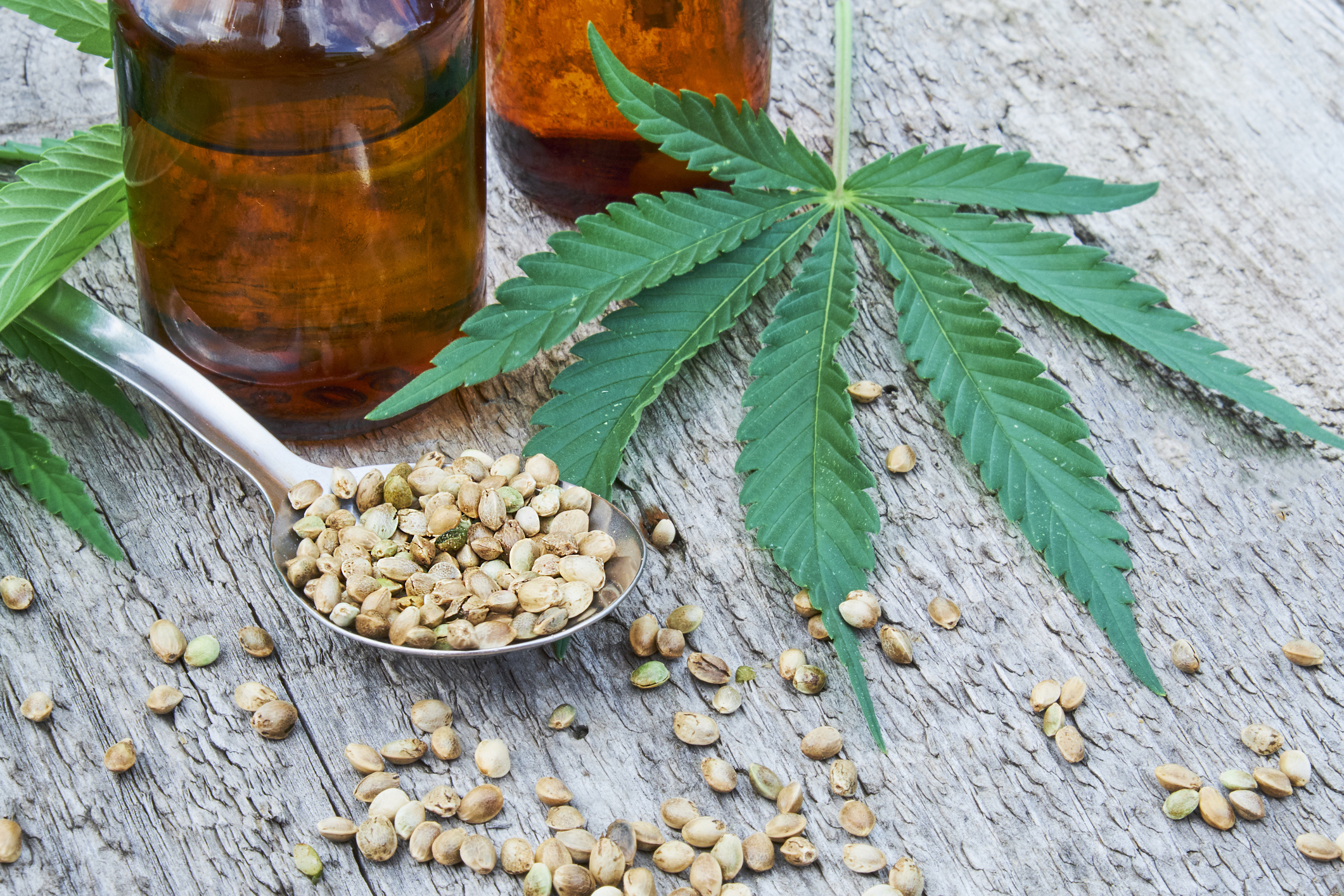Focus on Investigating Cannabidiol [CBD]
"There's a lot of hype about everything about CBD [Cannabidiol]."
"There is certainly data that it has a variety of anti-inflammatory effects, but whether that translates into improving human health is unknown."
Dr. Orrin Devinsky, director, Langone Comprehensive Epilepsy Center, New York University
"Let's do the research."
"It's crazy that this substance is being consumed by everybody, yet we still don't know the mechanism of action."
"[Expectations around the substance are unrealistic]. People are making it out to be a nirvana kind of drug, and that's a problem."
"One compound cannot cure everything."
Dr. Yasmin Hurd, director, Addiction Institute, Mount Sinai Hospital, New York City
"There actually really is very, very little scientific evidence to support its use as a treatment for anxiety at this point."
Dr. Michael Van Ameringen, director, anxiety research center, Hamilton, Ontario

CBD, the non-intoxicating component of the cannabis plant, has been relentlessly promoted to ease pain, anxiety, insomnia and depression; in short a magic remedy for whatever ails society, psychologically and physically. There are many forms and types of application containing CBD from salves and sprays to tinctures and oils marketed as balms for eczema, pimples and hot flashes, as aphrodisiacs, and as treatments for chronic, serious, life-disabling diseases such as diabetes and multiple sclerosis.
People with Crohn's disease improved with the use of cannabis, according to one Israeli trial. Despite which a randomized controlled trial of CBD found for patients with treatment-resistant Crohn's there was no benefit, despite investigators concluding the dose used might have been too modest to be effective. Pointing out that figuring the correct therapeutic dose assigned in tests is a challenge, reflecting the early stage and paucity of CBD research.
 |
| Source: M. Bonn-Miller et al/JAMA 2017 |
Results obtained through a recent study evaluating dozens of products containing CBD available by order online found close to 70 percent of the products had either higher or lower concentrations than was indicated for the ingredient on the label. Some, in fact, contained THC, the hallucinogenic component of marijuana. It all comes down to one simple, hard truth: scientists know little about CBD; scant research has targeted the compound.
 |
| Some children with severe epilepsy, like this boy from Texas, have found remarkable relief from seizures with a drug called Epidiolex. The medication is the first CBD-based drug to get FDA approval. |
Only one drug containing CBD -- Epidiolex -- has been approved by the U.S. Food and Drug Administration, after clinical trials found it reduced seizures in children with rare forms of epilepsy. While skeptical about the wide range of claims made for CBD, Dr. Hurd of Mount Sinai agreed that the compound seems to reduce heroin cravings in recovering addicts and that it has an appreciable safety profile: "hands-down safer generally than THC".
It can however, she also pointed out, cause adverse side effects such as sleepiness and diarrhea. In the Epidiolex trials, patients were susceptible to more infections and rashes and experienced depressed appetite, sleep problems and elevated liver enzymes. CBD is one of more than 100 biologically active components called cannabinoids derived from the cannabis plant; the second most abundant cannabinoid after THC. The possibility also exists that CBD may interact negatively with other medications.
At the present time, studies to evaluate whether CBD will alleviate anxiety or post-traumatic stress disorder, help with tobacco cessation or even enhance cancer therapies, are all underway. There are suggestions through animal studies that anti-inflammatory effects may help in the management of chronic pain or in the treatment of arthritis of inflammatory bowel diseases such as Crohn's. Even as a potential treatment for autism.
In response to many of his patients enquiring of Dr. Van Ameringen about the use of CBD he was spurred to review the medical literature, finding little there to advance the use of the compound, on available conclusions. Last year European scientists, reporting on patients with schizophrenia given CBD to complement their regular antipsychotic medications, found that fewer patients hallucinated and had racing thoughts. Other studies have failed to validate that conclusion.
 |
| This shop in Fort Lauderdale, Fla., offers CBD-infused pizzas and smoothies, a growing trend as companies tout the oil’s ability to treat anxiety, depression, pain and more. |

0 Comments:
Post a Comment
<< Home